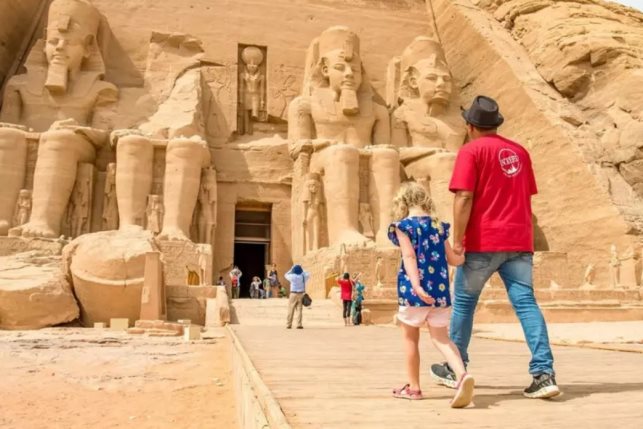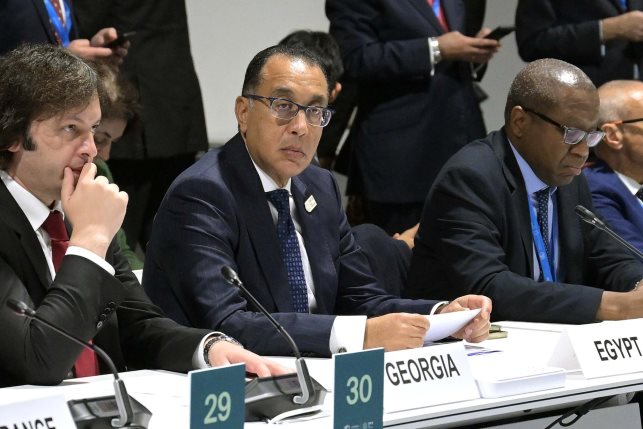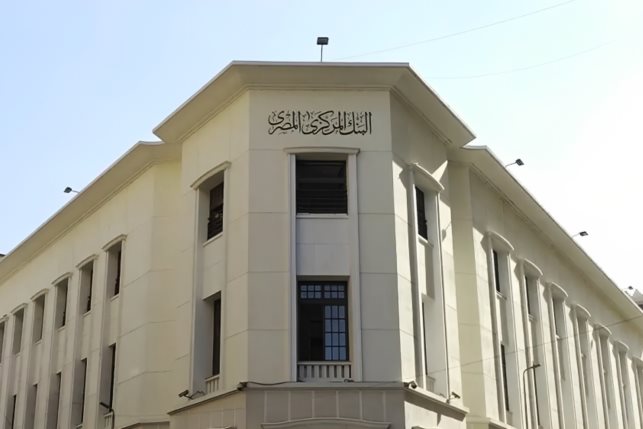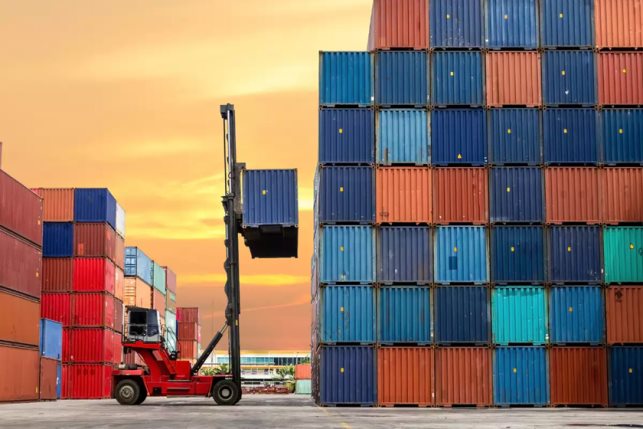Egypt's Entry into BRICS: Paradigm shift in int'l trade dynamics
Egypt's strategic move to join the BRICS alliance underscores its commitment to shaping a more balanced and multipolar global economy.
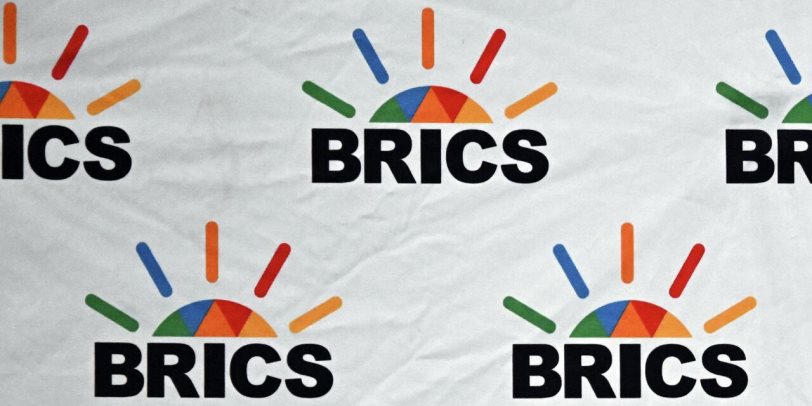 Egypt's strategic move to join the BRICS alliance underscores its commitment to shaping a more balanced and multipolar global economy - File Photo
Egypt's strategic move to join the BRICS alliance underscores its commitment to shaping a more balanced and multipolar global economy - File Photo
Kamal El Desouki, a member of the Board of Directors of the Egyptian Industries Union, highlighted the significance of Egypt's entry into the BRICS group as a pivotal step for the nation's economy, particularly in light of the alliance's inclination to minimize the use of the dollar in intra-member trade. This move is expected to alleviate pressure on Egypt's foreign reserves.
In exclusive remarks, El Desouki underscored that BRICS aims to restore equilibrium in economic powers and international trade dynamics. The alliance establishes a multi-polar economic world, challenging the dominance of specific alliances on the global economy, particularly in terms of currency control over trade.
It's worth noting that the BRICS alliance comprises five countries: Russia, China, India, Brazil, and South Africa, together accounting for nearly a quarter of the global output.
The alliance successfully launched the "New Development Bank" in 2015, with a capital of $50 billion, aiming to provide quicker financing compared to the World Bank without imposing stringent conditions. The bank offers a bond yield of up to 5%, 100 basis points higher than similar offerings by the World Bank. Furthermore, it holds international credit ratings of +AA from both Fitch and Standard & Poor's. So far, the bank has invested $33 billion in 96 projects across member countries.
Dr. Kamal El Desouki added that Egypt's inclusion in the BRICS Development Bank Group will help secure financing for its developmental projects with improved terms and expedited processes. Egypt's contribution to the bank is around $1.5 billion.
He continued by highlighting that the alliance boasts the world's largest food basket, potentially allowing Egypt to settle trade contracts for major imports using national currencies. This could somewhat ease pressure on foreign reserves during a time when the Egyptian economy faces challenges in managing hard currency reserves.
In today's meetings, the BRICS group decided to invite Saudi Arabia, Egypt, the United Arab Emirates, Argentina, Iran, and Ethiopia to join the economic alliance as full members, commencing from January 1, 2024.


